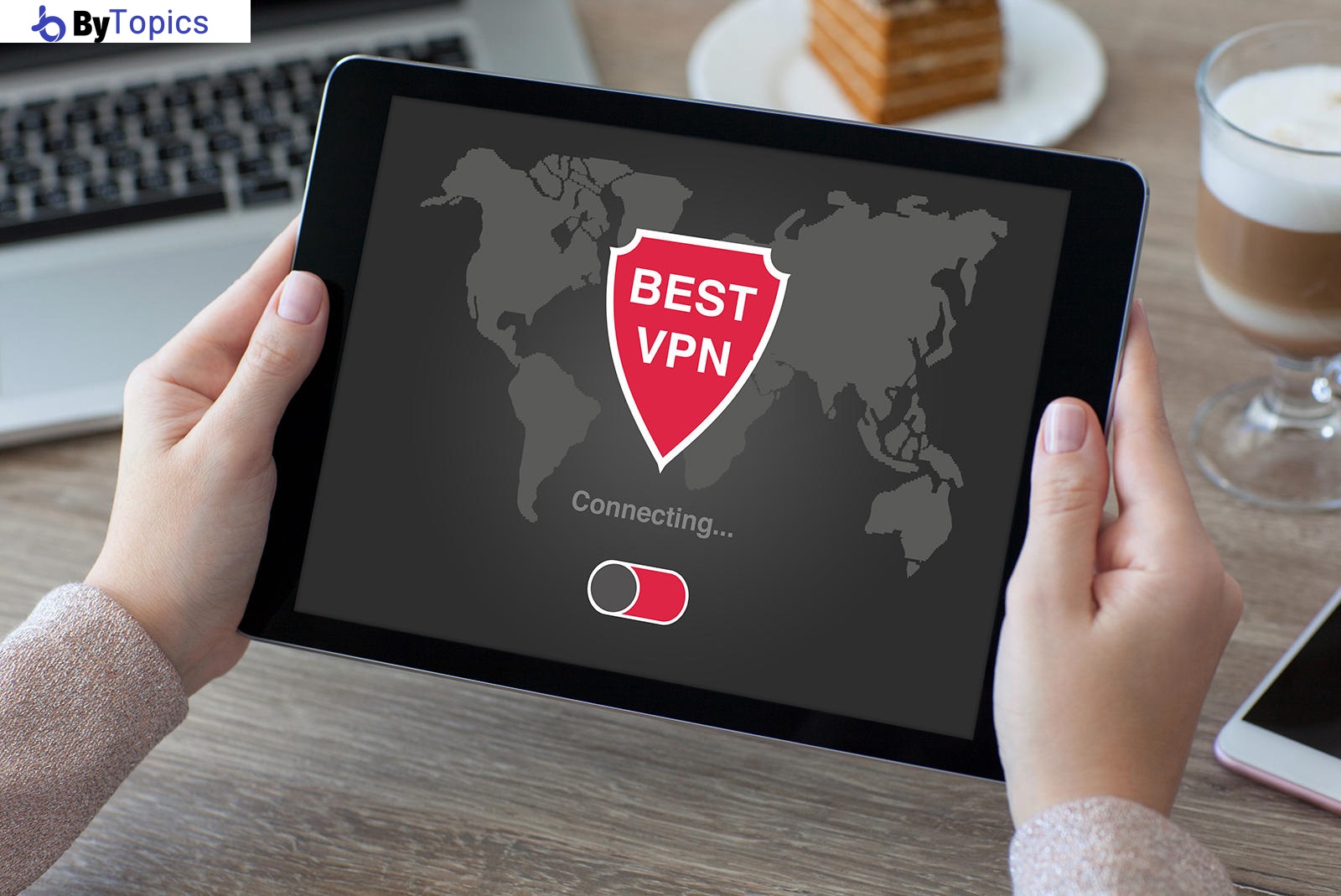Contents
OpenVPN an easy solution to both your security concerns and your business that doesn’t work due to internet bans: Setting up your own VPN server.
In this guide to setting up your OpenVPN server, let’s start with the basics first. Let’s take a look at what a VPN is and move on to our setup steps. What we call VPN is a technique that allows you to remotely join certain targets or networks that are otherwise blocked for security reasons by opening an encrypted data tunnel over an existing connection.
VPN stands for virtual private network. The virtuality part here can be a bit confusing; The virtual concept is so named because it is a data tunnel created over an existing connection, similar to the concept of a virtual server.
How Does It Work?
VPN technology, which has virtuality like the virtual server we just used, establishes a connection between two parties by creating network adapters that exist on operating systems as software (virtual), not physical.
You will have an IP2 belonging to this private network, in addition to your existing Internet-opened IP under normal conditions. All desired traffic (or all your network traffic if you wish) is forwarded to this virtual network. If not all of them are routed, it is also possible to use a VPN where you can access some resources (such as an internally accessible website, servers, etc.) but not affect the rest of your traffic.
What Kind of Security Does It Provide?
On public wireless network connections, the data traffic between you and the wireless access point can be read by an outsider. Of course, when reaching addresses such as //hwp.com.tr, the traffic flowing in between is between you and your browser; however, you leak information about which domain names you connect to, the password you enter while entering your own blog site, all the websites you access and many services you use.
If you move all your traffic to another location with a VPN, the traffic that is publicly available between you and the hotspot becomes just a meaningless pile of data; because it is taken to another point and left on the internet from there. Therefore, data that is vulnerable to attack between your computer or phone and the access point becomes unreadable from the outside.
Why OpenVPN?
OpenVPN is a VPN system that uses advanced encryption and mutual authentication technologies as software developed as open-source and free software (licensed under the GNU GPL). Due to its open and free structure, it is constantly developed and supervised by many different individuals and institutions.
It has no strange software patents or intellectual property barriers behind it. Compared to many VPN tunneling protocols, it has many different authentication formats, and in our setup, it allows practical use without a user name and password entry, as it contains all the necessary certificates in a single file.
OpenVPN, a trademark of OpenVPN Technologies, is also the basis for a VPN application that the firm sells as a service. In addition, it is used in integration with many different systems as it is free software.
What is Needed?
You need a computer that preferably has a server version of Ubuntu GNU/Linux installed on it. This could be a virtual server located anywhere in the world in a country that does not have a censorship mentality about the Internet, and that debated and resolved the issue of freedom of expression in the 20th century.
Even a VPS/VDS with very basic features will do the trick. This service will provide you with 1 or 2 GB of memory, 1 or 2 virtual processor cores, 5-20 GB of storage space, and an IPv4 address.
The minimum resources you will need are as follows:
- 512MB of RAM
- 3GB of storage
- 1 vCPU core
- 1 IPv4 IP address
- A server version GNU/Linux distribution is installed on this system and root privileges.
The part of purchasing the service is entirely your choice; however, when you activate the VPN system, your internet experience will be “like in that country”, so making this choice from a foreign language you know will make your life easier.
Linux console knowledge will also be required. We will also share a few tips to create a more secure server at the end of the article.
What Can I Do?
Normally, setting up and managing an OpenVPN server from scratch is a grueling task, but it’s easy to do with a few hundred lines of Bash script from an internet philanthropist (Github.com/Nyr).
Before you start the process, you need a server with all ports open, a user with administrative rights on this server, and the password of this user in a country that has very little internet censorship. Of course, the SSH server must be installed on the server so that you can access it remotely using the command line.
You already have shell access (terminal, etc.) on GNU/Linux, BSD, and any other Unix-like operating system; On a Windows computer, you can use applications such as PuTTY or Bash for Windows.






